-

China’s winding road towards capitalism
There is perhaps no bigger controversy among partisans of the left than the nature of China and its economy. Is it socialist? Capitalist? State capitalist? A hybrid? That so much debate swirls around this issue is its own proof that the question doesn’t have a definitive answer, at least not yet. What we can do is analyze the actions and words of CCP leadership, which has carried out a slow progression toward capitalism.
-

Climate change viewed from the attic of the world
From 1962 to 2006 the glaciers of the Himalaya appear to have lost more than a fifth of their ice. They did not all shrink at the same rate. In fact, some glaciers haven’t shrunk at all, but measurements of the overall trend in the Sikkim-Nepal region put the average loss at seven inches of depth every year across the whole extent of ice. And, of course, the melting continues.
-
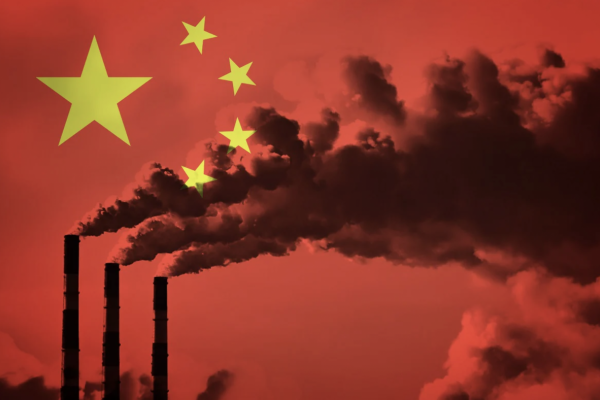
Is a Cold War still possible in an overheating world?
One way or another, however, we can be reasonably certain of one thing: as the term makes all too clear, the old Cold War format for military policy no longer holds, not on such an overheating planet. As a result, expect Chinese soldiers to be spending far more time filling sandbags to defend their country’s coastline from rising seas in 2049 than manning weaponry to fight American soldiers.
-

The three Ms are free. What now?
China wields enormous power, economic and coercive, and how it uses that power matters. As the war drums beat on, misinformation will proliferate and the danger of conflict will also escalate. Finding a path for peace is possible but not easy given that the world is already facing a climate crisis, an enduring pandemic, and the continuing effects of two centuries of settler colonialism.
-

Reactionary anti-China propaganda not in Canada’s self-interest
Hopefully, the recent hostage exchange and trend of Chinese-Canadians rejecting the Conservatives will embolden those within the Canadian government who prefer engagement over conflict with the world’s emerging superpower. One would also hope that thoughtful citizens will see through the reactionary anti-China propaganda and come to understand this country’s self-interest lies with an internationalist foreign policy.
-
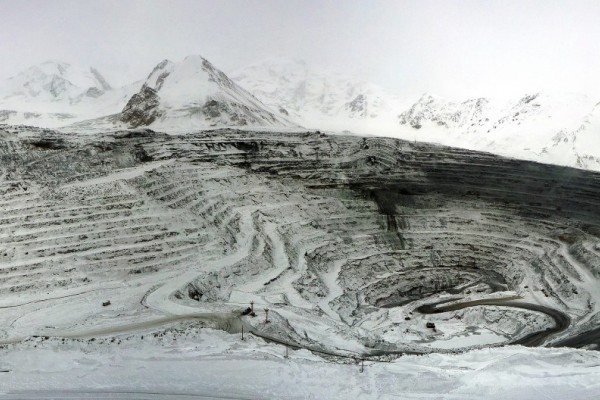
Centerra’s battle for the Kumtor gold mine rages on
As the legal battle over the Kumtor gold mine rages on, Centerra’s legal options for extending its management of the mine look more limited by the day. Any Canadian who is interested in how their country’s capital functions on the global stage, and how affected countries are trying to resist this neocolonial domination, should eagerly follow new developments in the case.
-

How Norman Bethune’s most respected biographers distorted the truth
Like every man, Dr. Norman Bethune had his flaws. There is no need to falsify the record with inventions and distortions. An accurate portrayal of Bethune’s personality is important then, not just for history’s sake, but because he continues to be a living force capable, let us fervently hope, of healing the dangerous rift opening between the country in which he was born and the country in which he died.
-
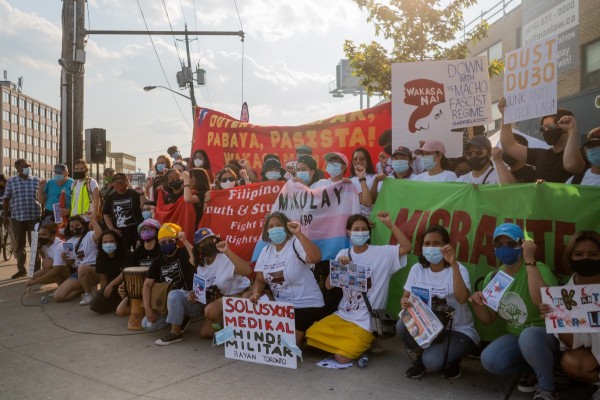
The People’s State of the Nation at the end of Duterte’s presidency
Outside of Malacañang Palace, the seat of the Philippine president’s power in Manila, opposition groups, peasant workers, and unions held an annual tradition during Duterte’s last presidential speech: The People’s State of the Nation Address. The PSONA is an organized mass protest in response to the yearly State of the Nation spectacle to condemn continued atrocities committed by the Government of the Philippines in the service of American imperial interests.
-
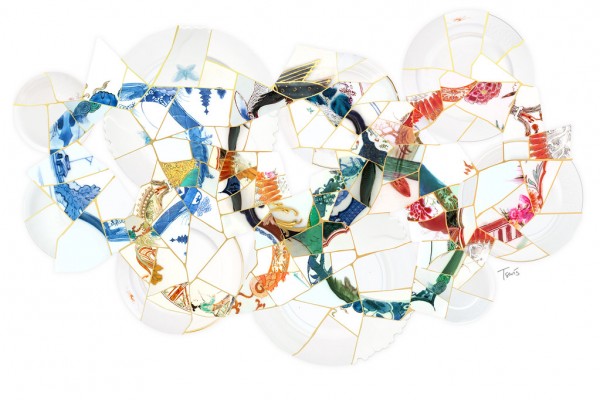
The Olympics will be the culmination of a year of failure
If capital sees the Olympic Games as the end of a pandemic and a way out of an existential crisis that could have—but didn’t—signal its collapse, the left must observe the Olympics as a beginning; as a launching point to organize and build to the next crisis, taking the failure of this one as a lesson and not an acceptance of our system’s seemingly eternal power.
-
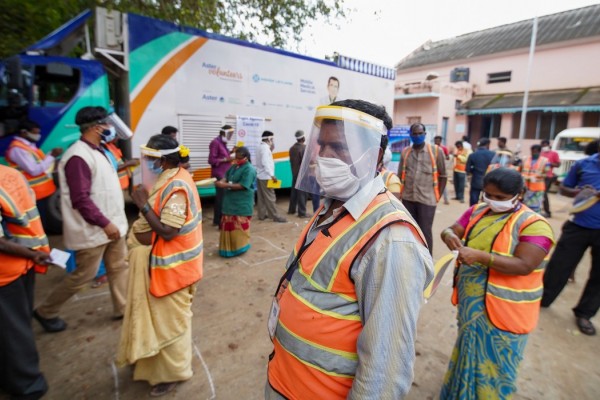
India’s COVID crisis shows why Canada needs to oppose vaccine monopolies
Canada’s role in obstructing India and the rest of the Global South in their attempts to waive vaccine patent rights is immoral, unjust, and completely illogical, propping up a system of extreme vaccine inequality by allowing just 16 percent of the world’s population, all of whom reside in wealthy countries, to maintain control of half of all confirmed vaccine orders.



